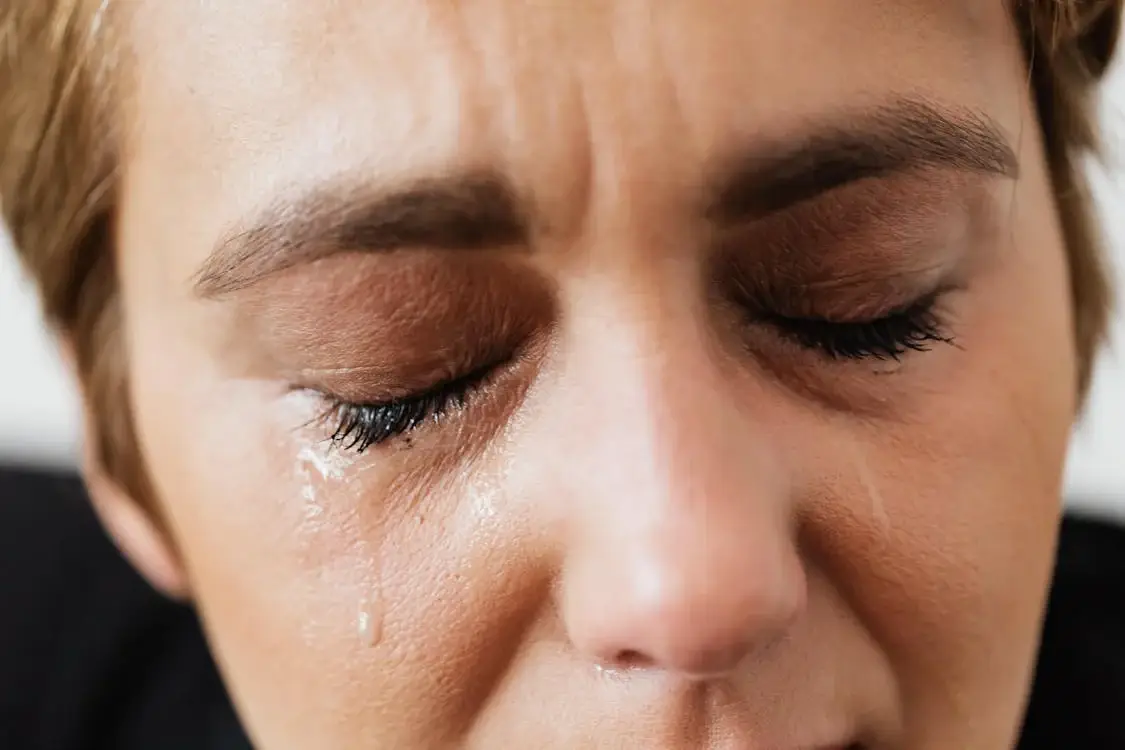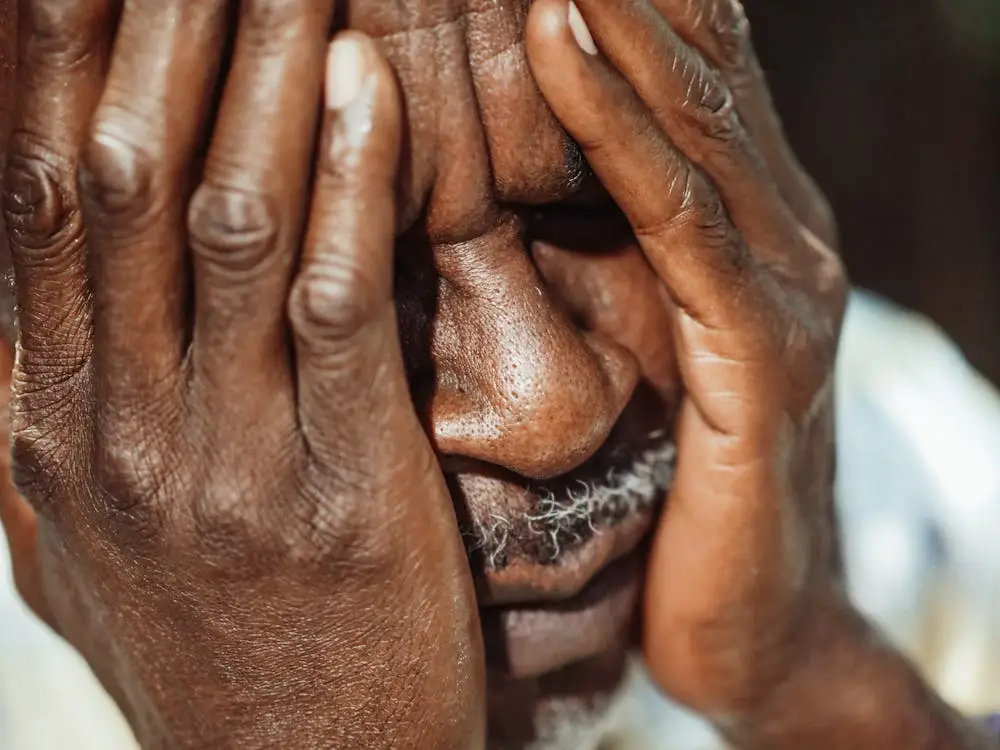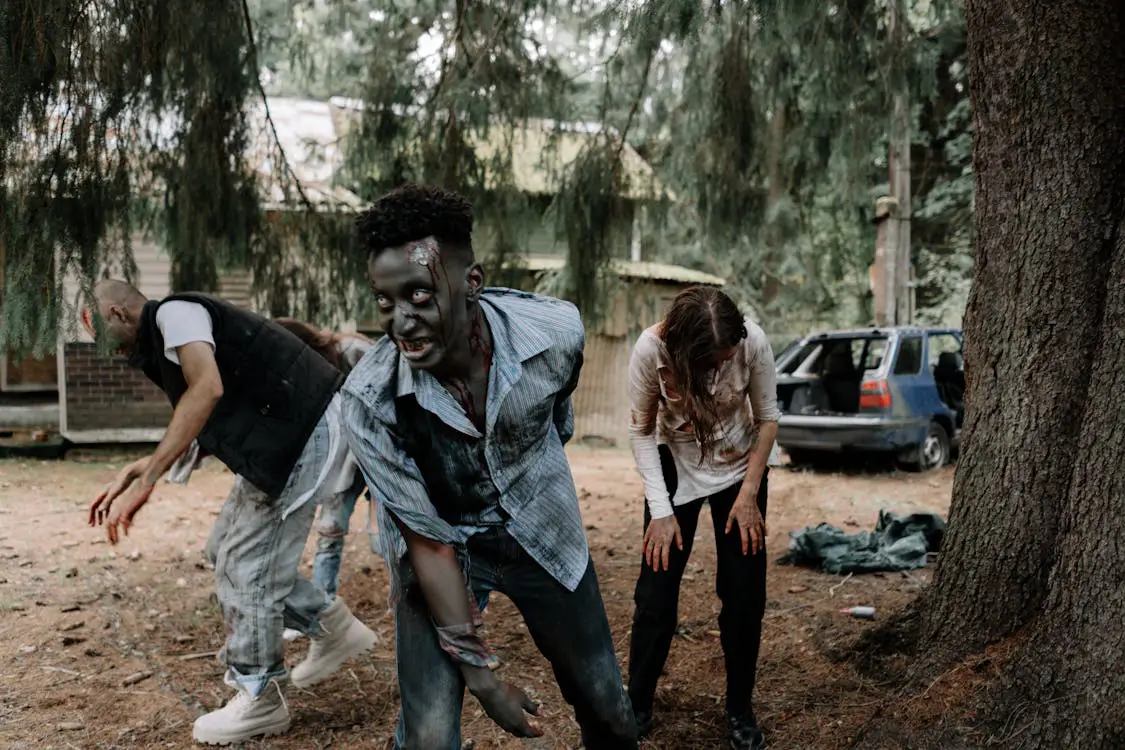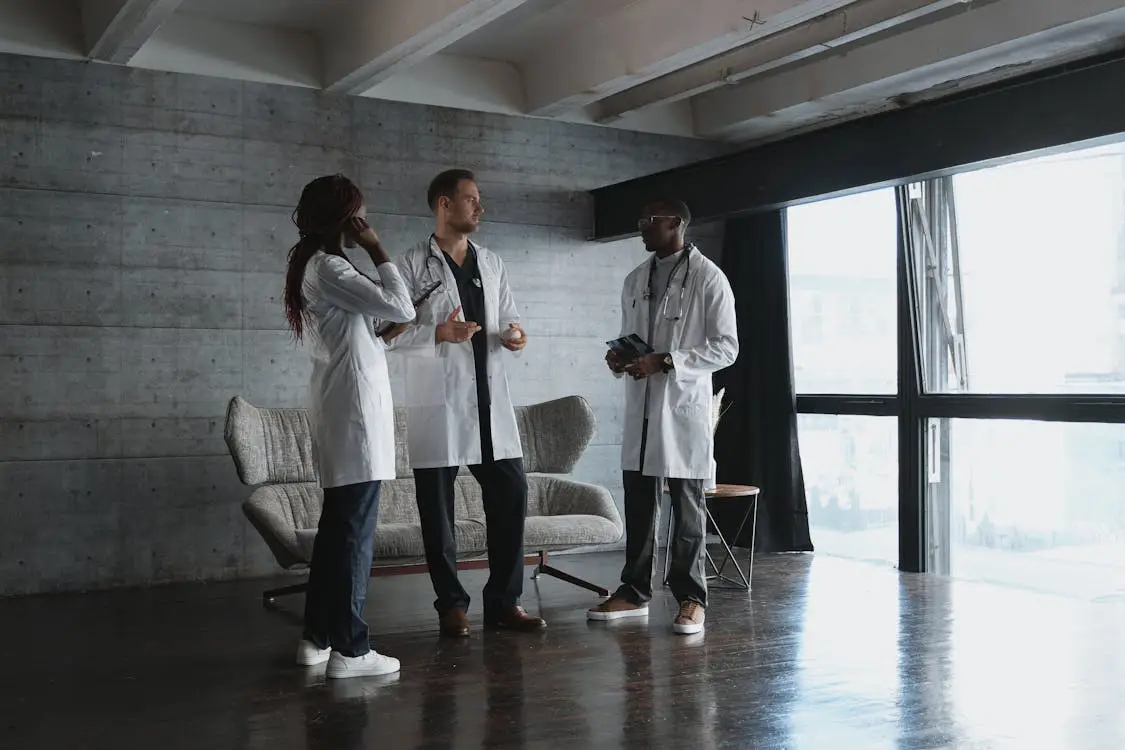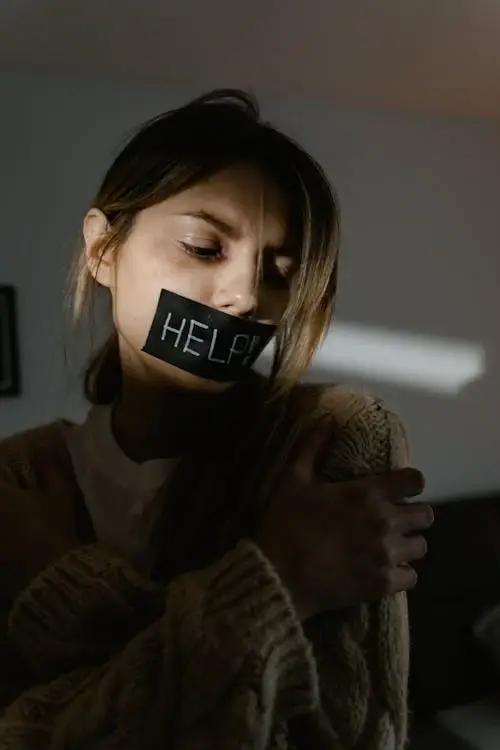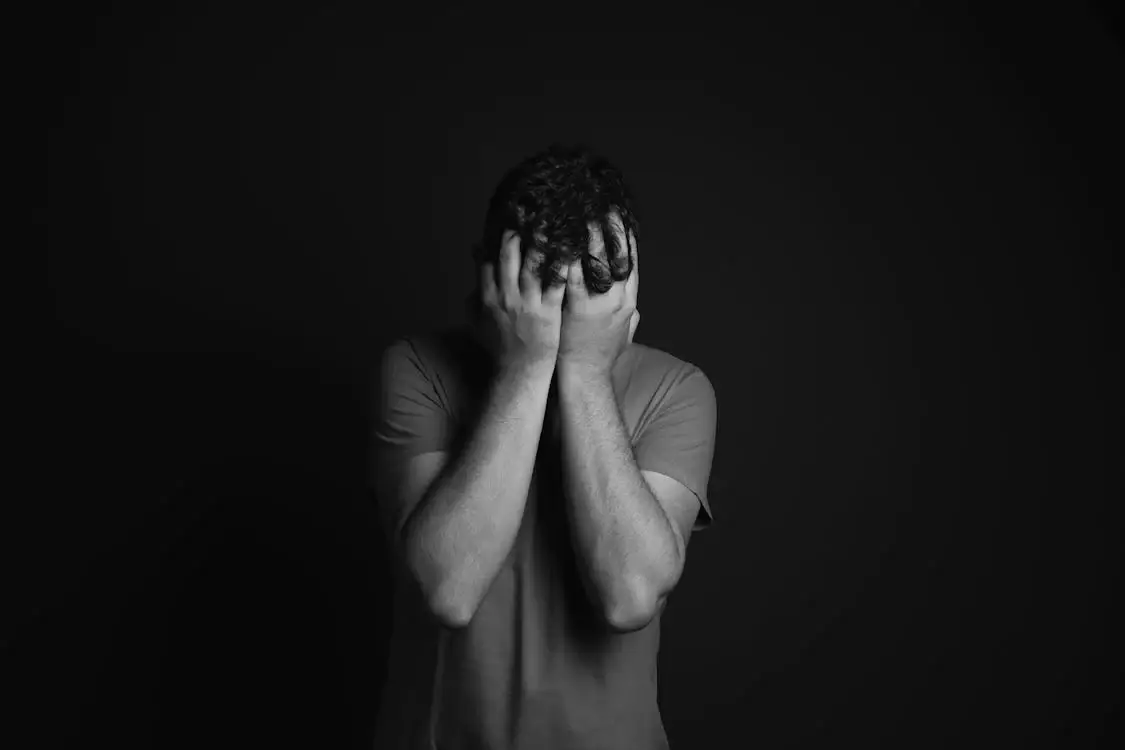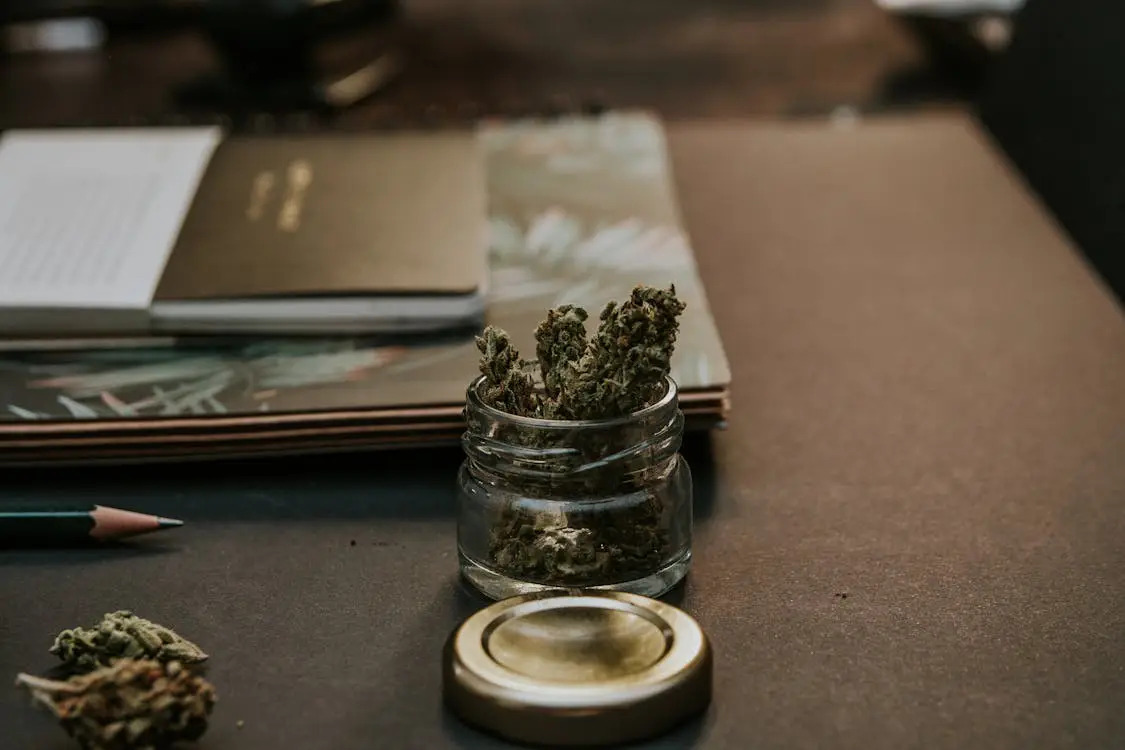You’ve had enough of the numbness, the ache in your chest, and the crushing weight of a sadness that refuses to lift. You just want peace, relief, and a break from the relentless storm inside your head.
And so, you turn to something that promises escape—cannabis. It’s everywhere, celebrated for its calming effects and whispered about in therapy circles as a natural alternative to pharmaceuticals. However, what if your escape is really just another prison? What if the very thing you rely on to ease your suffering is actually making it worse?
The truth is not what you want to hear, but it’s what you need to hear: cannabis is not a cure for depression.
Here’s how cannabis use might be fueling the very darkness you are trying to escape. Plus, learn how our holistic addiction treatment at Overcoming Addictions can help.
The Great Cannabis Myth: A Solution or a Sedative?
We live in an age where cannabis is hailed as a wonder drug. Anxiety, depression, PTSD—name a mental health struggle, and someone will tell you marijuana can help. However, where is the proof? Where are the long-term studies showing cannabis as a sustainable, safe, and effective treatment for depression? Spoiler: they don’t exist.
What does exist are countless personal stories of individuals who started using cannabis to self-medicate, only to find themselves addicted— caught in a cycle of worsening mental health. They needed more to feel the same relief. Their lows got lower, and their motivation dwindled. They also develop social anxiety disorder, and their ability to connect with themselves and others deteriorated. Cannabis dulled their pain, but it also dulled their joy, their drive, and their ability to heal.
The Illusion of Control: When Cannabis Becomes a Crutch
Depression steals your sense of control. Cannabis use promises to give it back—at least for a while. A few puffs, and the world feels softer, lighter, less hostile. However, here’s the ugly secret: this control is an illusion. Cannabis doesn’t help you process your emotions—it helps you avoid them. It doesn’t equip you with tools to heal—it numbs you into believing you don’t need them.
So what happens when the high wears off? The feelings you ran from return with a vengeance, and symptoms of anxiety spike. The depressive thoughts scream louder. And so, you reach for another hit, hoping to silence them again. However, you find that each time, the relief is shorter, but the crash is harder. The very thing you thought was saving you is, in reality, reinforcing the pain cycle.
Cannabis and Depression: A Toxic Relationship
Relationships shape our mental health, and your relationship with cannabis might be one of the most toxic ones you have. At first, it seduces you with comfort, offering nothing but relaxation, creativity, and euphoria. However, over time, it becomes possessive, demanding more of your time, your energy, and your very sense of self.
Studies have suggested that prolonged cannabis use can increase the risk of depressive episodes, worsen anhedonia (the inability to feel pleasure), and even contribute to suicidal ideation. The dopamine system—the very thing responsible for your ability to feel happiness—gets hijacked by cannabis, making natural sources of joy feel dull and unsatisfying. The deeper you go, the harder it is to remember what real happiness even feels like.
Trading Short-Term Relief for Long-Term Despair
In today’s society, we crave instant gratification. We want solutions that work now, without effort, without pain. However, true healing does not come from numbing—it comes from facing the darkness and fighting through it. Cannabis use might offer you the easy road, but the easy road leads nowhere. The longer you rely on it to escape your depression, the more entrenched that depression becomes.
You don’t need an escape— you need a breakthrough. You need something that doesn’t just mask your pain but turns it. Therapy, medication-assisted treatment, movement, human connection, purpose—these are the real cures. They require effort, yes. They also demand confrontation. However, they also offer real, lasting freedom.
The Lie of “It’s Just a Plant”
The argument for cannabis is often wrapped in its natural origins: “It’s just a plant.” However, so is opium and tobacco. The fact that something grows from the earth does not mean it is inherently good for your mind or body. Nature is full of poison. The question is not whether something is natural but whether it is helpful. And when it comes to mental health, cannabis is not helping—it’s trapping.
The cultural push to accept marijuana as a solution for mental health struggles has blinded many to its dangers. If something feels good, we want to believe it’s good for us. However, relief is not the same as recovery, and comfort is not the same as healing. That’s why cannabis use is not the same as treatment.
So, where do you go from here? If you’ve been using cannabis to cope with depression, it might feel impossible to imagine another way. The idea of facing your pain without that crutch may seem unbearable. However, here’s the truth: you are stronger than you think. You are capable of healing without numbing. You are worthy of a life that isn’t built on running from yourself.
Reclaim Your Life with Overcoming Addictions
At Overcoming Addictions, we offer holistic addiction treatment programs that can help you or your loved one break free from the grip of cannabis dependency and reclaim your life. We address the unique challenges of cannabis use and the underlying issues that contribute to depression.
We believe in the power of personalized care, tailoring our substance abuse treatment plans to your specific needs and goals. Our team of experienced therapists and addiction specialists will guide you through this journey of healing and lasting recovery.
“I came to Overcoming Addictions feeling lost and hopeless, trapped in a cycle of cannabis use and deepening depression. They didn’t just tell me to quit; they helped me understand why I was using cannabis and gave me the tools to build a life I didn’t need to escape from. It wasn’t easy, but it was worth it. I finally feel like I have control again, and I’m living a life I never thought possible.” – Sarah M.
Remember, you are not alone. Call us now to learn how we can help.

